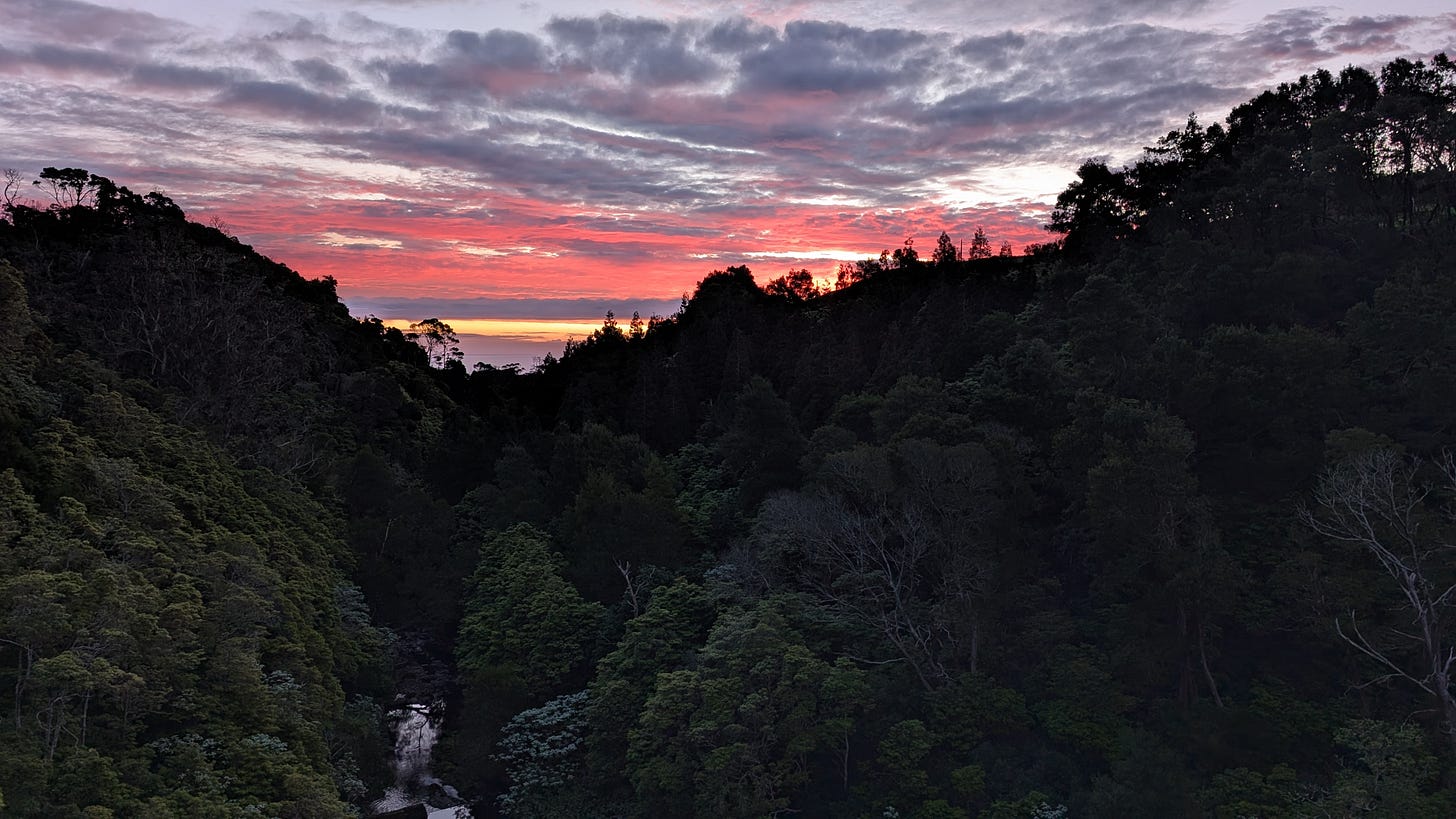Perhaps because I am known for having moved from the US to Canada in advance of our current president’s first spin at the White House, I suspect my friends are turning to me in particular with their anxieties about the impact his return to power will have. Given the headlines screaming doom and gloom, perhaps they’re not just coming to me. Perhaps everyone really just is that frantic with fear and despair.
Being in the midst of a deep dive into history, I have to say these times do not feel unprecedented. We can never step into the same river twice, sure. The general rules of the game for being a human on this planet haven’t changed. The history of everywhere in Europe is a litany of pillaging, famine, fires, and pestilence. One dynasty after another is accused of corruption and malice. There is a ceaseless demand for reform, with each reform needing to be reformed in turn. There has never been an easy time to be human.
It’s unavoidable that I finally do proper reading on Dorothy Day. One of her favorite quotes was from Fyodor Dostoevsky:
“The world will be saved by beauty.”
In Unruly Saint: Dorothy Day's Radical Vision and its Challenge for Our Times, DL Mayfield writes:
“It often feels like my eyes are trained to see all the bad in the world. I see suffering. I see inequality. I see how connected I am to systems that oppress and marginalize — and I don’t see how I can rest, or be happy, or experience joy when not everyone in the world is flourishing.”
Alas, our suffering does not reduce the suffering of others. There will never be a moment on this earth where everyone is flourishing.
How can I weed the garden in peace while essential programs are on the chopping block? How can I goof around with my mom while there are unjust wars? How can I savor my dinner while others go hungry? How can I sleep at night when there are so many people suffering?
What hubris it takes to imagine I can personally stop these things — centuries in the making and beyond my capability to understand, never mind solve. The things I can do — write a letter, sign a petition, send a donation — take a few minutes. As far as I can tell, my worrying and obsessing doesn’t contribute to solutions. My getting upset about injustice doesn’t reduce anyone’s suffering.
My research on the history of care work shows that no one has gotten it right in the past. It’s an endless cycle of creation and destruction and reform. It’s also shown me that people are incredibly resilient and creative. If the systems of care we have in place are being dismantled, we can only do so much to stop it. If it’s happening, it’s happening. We will create something new, just like we always have.
Do my dour friends realize they’ve subscribed to a religion that demands they meditate on misery and the failings of others? Does their activism really require they extinguish all the joy from our lives? Can fear, rage, and self righteousness be the path to utopia? Hysteria does not rebuild what’s been destroyed.
When I read memoirs and biographies of people who have suffered greatly and made great sacrifices, I see them cultivating joy. I see Day’s duty to find delight,1 no matter what the circumstances. It is not a denial of reality, it is an acceptance of it.
When we focus on suffering — our own actual suffering, hypothetical future suffering, and the suffering of others — we miss out on everything else. This life does not take place in utopia. We have to make the most of what we have.
Day borrowed the concept from John Ruskin.





Amen. Hard sometimes to do, but it's absolutely the truth. My worrying, suffering helps no-one nor does my enjoying beauty hurt anyone.